According to National Alliance for Caregiving and American Association of Retired Persons, more than 65 million people spend an average of 20 hours per week caring for an aged, disabled, or chronically ill family member or friend during any given year. These informal caregivers have direct and frequent access to their loved ones as they assist, coordinate, and support their activities of daily living. Including caregivers in the care team has shown to improve patients’ access to services, reduce unmet needs, provide better quality of care, and increase safety. Yet, despite the benefits, caregivers and healthcare professionals often struggle to collaborate in the plan of care for the older adult patient. The purpose of this conference is to recognize caregivers as agents of change in their loved ones’ care, explore challenges of caring for the aging population, and highlight ways in which healthcare professionals can initiate caregiver integration.
Speakers
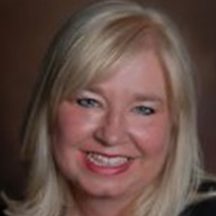
Dementia Updates: Best Practices and Care Challenges
Melanie Bunn, GNP, MSN, RN is a Counseling Associate and Clinical Instructor with the Duke University School of Nursing and a skilled and experienced clinician, educator, and consultant. Her research efforts have focused on improving care of older people, especially those with cognitive impairment, through improving the education of interprofessional teams and families. She has volunteered as an Alzheimer’s Support Group Facilitator for over 25 years.
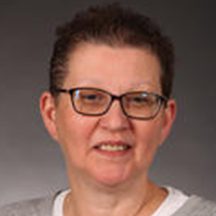
Exploring Social Isolation, Compassion Fatigue, and Available Resources as a Caregiver
Deborah B. Hummer, DNP, RN, MSN, GCNS-BC is an Associate Professor in the McKenzie-Elliott School of Nursing at the University of North Carolina at Pembroke. Debbie is board certified as a Gerontological Clinical Nurse Specialist; and is also recognized as a National Hartford Center of Gerontological Nursing Excellence (NHCGNE) Distinguished Educator in Gerontological Nursing. Her research interest includes exercise and the impact it has on functional decline in the older adult, and polypharmacy.
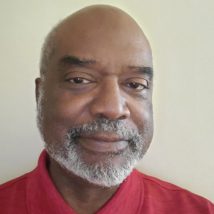
Depression and Isolation in Elderly Patients - What Providers Can Do
George Saunders, MD supervises inpatient and outpatient Palliative Care Team at the Fayetteville VA North Carolina Healthcare System. He also provides medical oversight at the recently reopened inpatient Hospice Unit at the Fayetteville Veteran Administration Medical Center. He is an emeritus Associate Clinical Professor in the Department of Family and Community Medicine at the University of Miami school of medicine as well as a former President of the North Carolina Medical Board
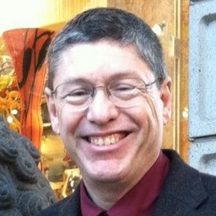
Innovative Ways to Facilitate End-of-Life Conversations Using Games
David Hainline, MA, MS, RHIA, CSSGB, CPHQ is the Director of Regional Education at Charlotte AHEC where he has worked for the last 12 years. He has a bachelor’s degree in medical science from Emory University, a master’s degree in management specializing in health care administration from Central Michigan University, and a masters in computer information science from Nova Southeastern University. David has taught adults for most of his professional career in settings ranging from four-year university to classes he developed at Charlotte AHEC. David is fascinated by the potential for non-traditional teaching tools to help people absorb and retain content, such as augmented reality and gamification. His work with gamification includes work with tools such the Hello game and its sibling, the Hi game. Both these enjoyable games can help people to overcome barriers to talking about death, dying and what is most important to them at the end of their lives. Playing one of these games with friends or loved ones can help people articulate what they would want done in a medical crisis if they were unable to speak for themselves. Health care professionals may also find that playing the game helps them to be better at talking to patients about death and dying.
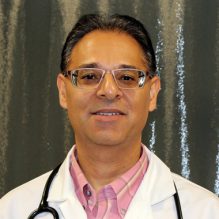
Caregiver Toolkit Panel
Rajesh Khurana, MD, CMD, CAQ HPM is board certified in hospice and palliative medicine. He earned his medical degree from the University of Toronto in 1993 and completed his family medicine residency at McMaster University in Hamilton, Ontario, Canada in 1995. He also completed a Duke geriatrics mini fellowship in 2015. He has been given designation as a Certified Medical Director by American Board of Post-Acute and Long-term Care Medicine as of 2015.
Dr. Khurana ran a family medicine clinic for Cape Fear Valley Medical Center in Fayetteville, NC until 2000 then later joined a private group family practice in Fayetteville. He remained there until transitioning over to the Duke/SRAHEC Family Medicine Residency Program as a faculty physician in 2014. He supervises family medicine residents during their geriatric rotation at Whispering Pines. Dr. Khurana is the current chief of family medicine at Cape Fear Valley Health System.
He has served as medical director at various places including Community Home Care and Hospice/Gentiva Hospice (2003) and Carrol S. Roberson Center - Hospice/Palliative Unit (2005-2013), and now leads four nursing homes in Fayetteville.

